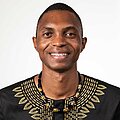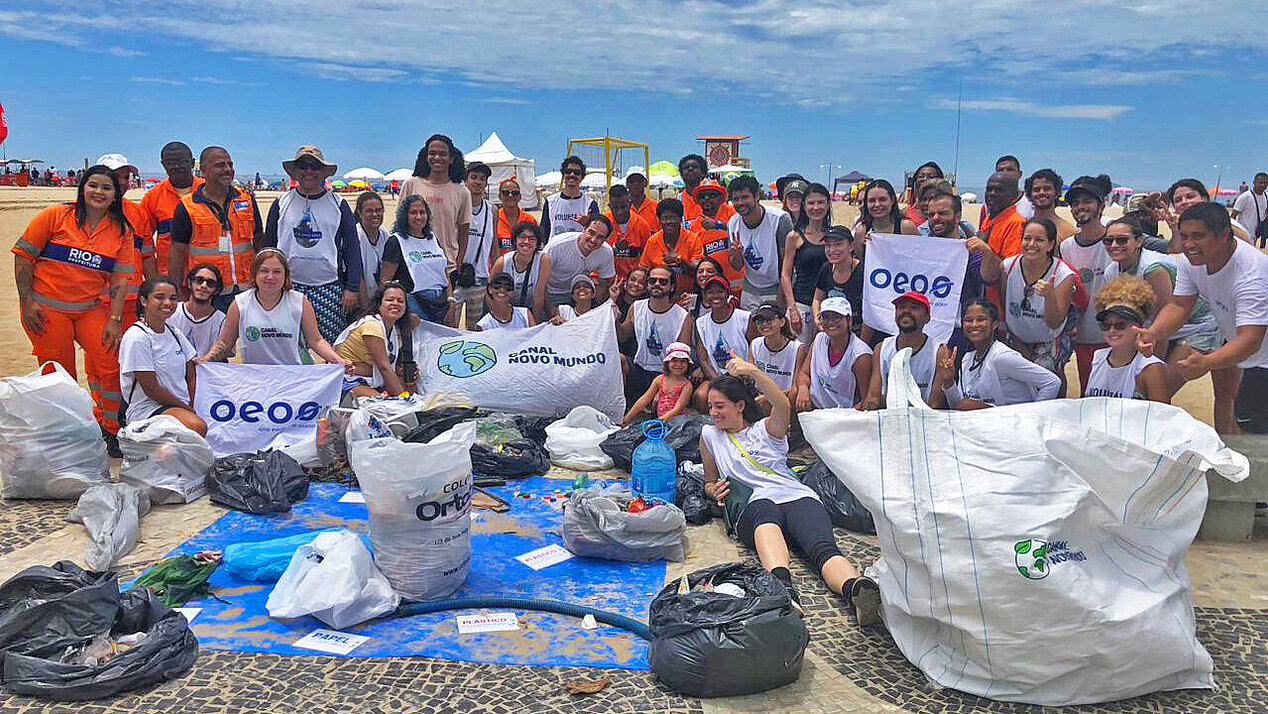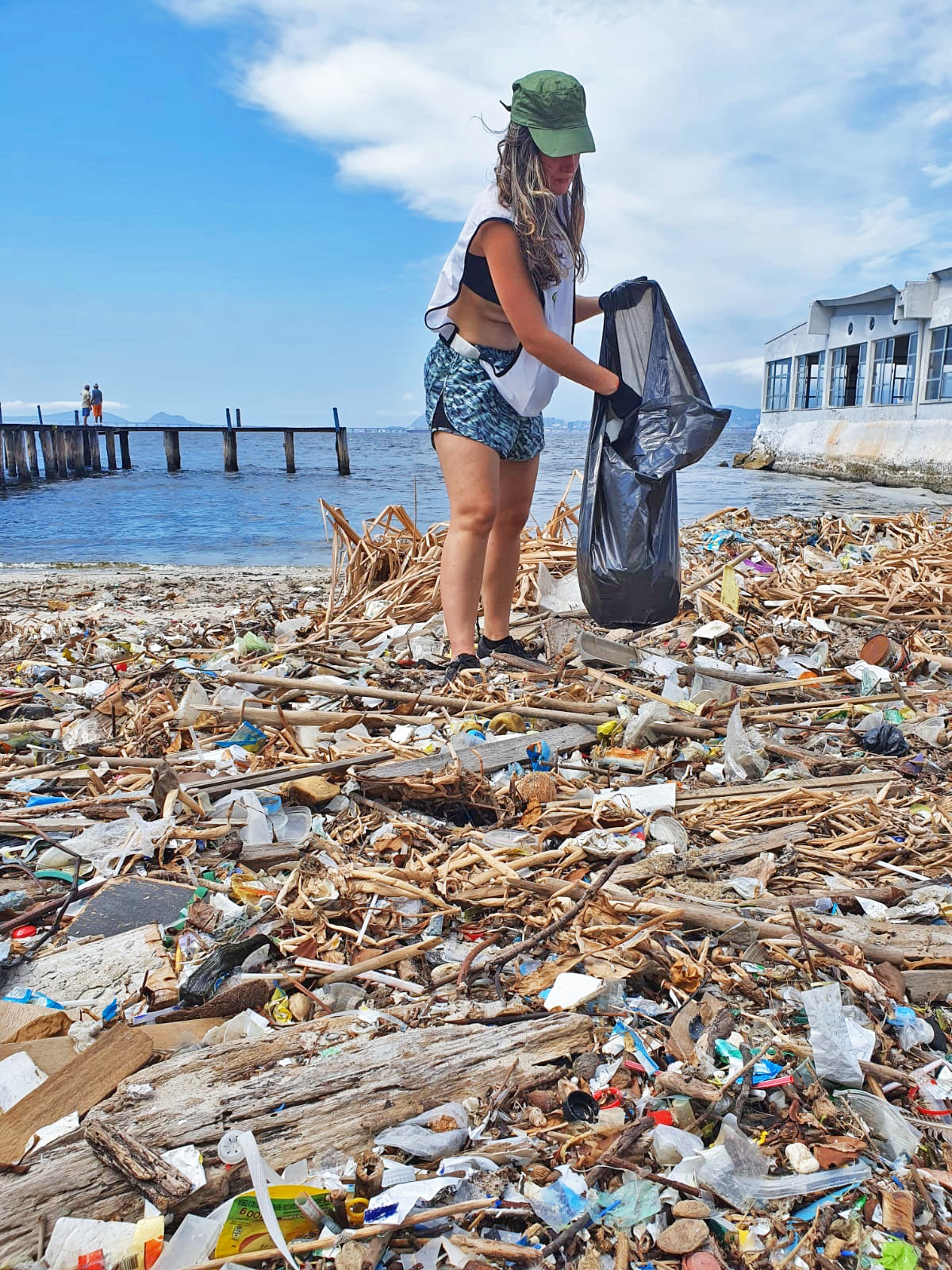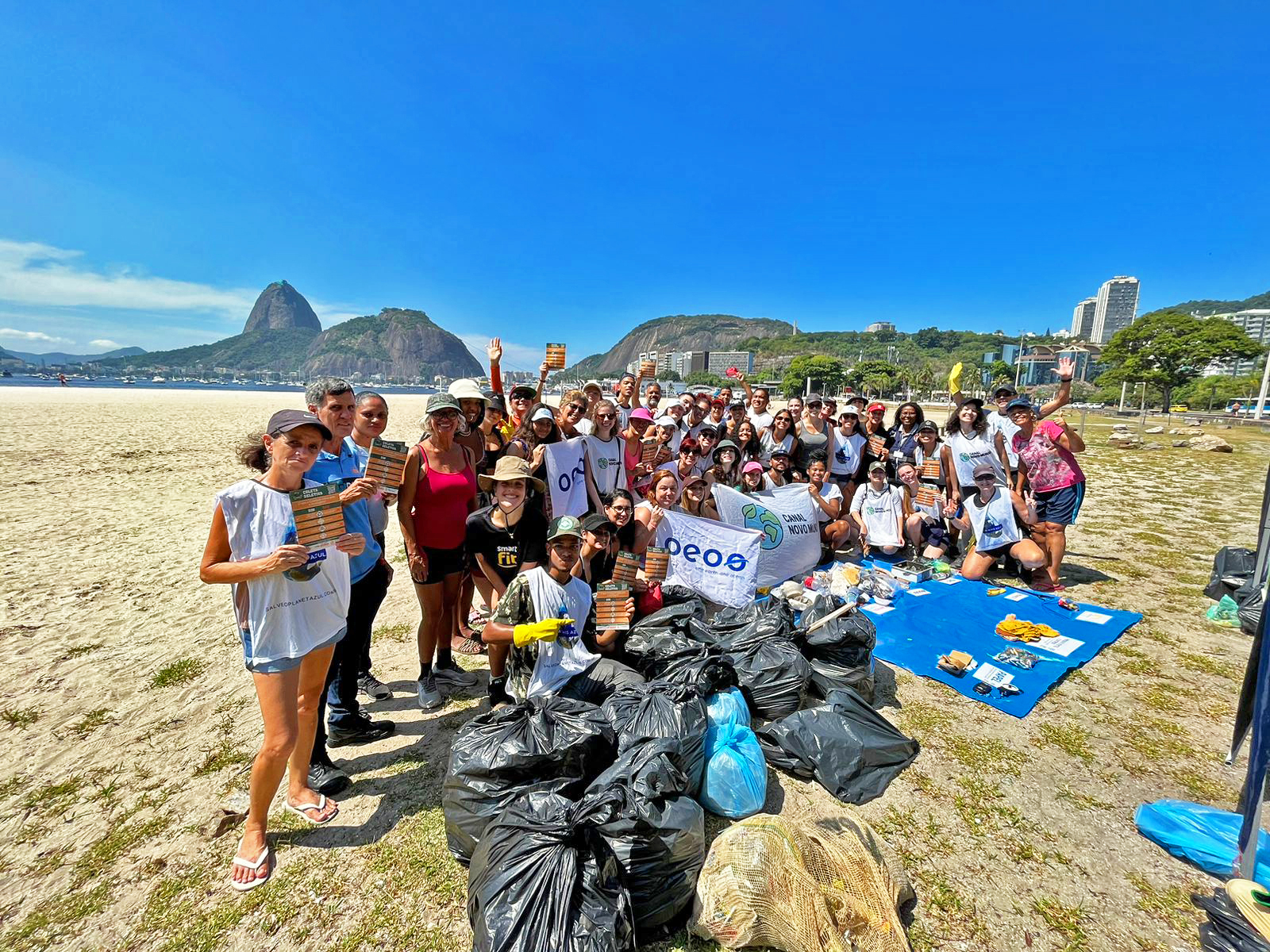
Max Jean-Louis is a writer and journalist with more than 15 years of experience. Having lived on three continents, he has developed a multicultural and multidisciplinary background. He has experience and achievements in the United States, Canada, France, Haiti, Japan, and Germany. He is the founder and Chairman of Radio Guacanagaric, in Sainte-Suzanne, Haiti. In addition, Max's work has been published and broadcast by several media worldwide, including TV5 Monde, RFI, Agoravox France, Le Courrier de la Nouvelle Ecosse, Le Nouvelliste, Ayibopost, and Multicult FM.




![[Translate to english:] Die Expert:innen von Youth for Climate Resilient Food System auf dem Konferenz in Bangladesch © Global Alliance for Improved Nutrition (GAIN) [Translate to english:] Auf dem Bild sind fünf Menschen sitzend auf einem Podium zu sehen. Einer davon hat Mikrofon in der Hand und scheint eine Rede zu halten. Vor dieser Gruppe befinden sich kleine Tische, die mit dem Logo Local Conference of Youth Bangladesh 2022 gekennzeichnet sind. Dieselbe Logo ist auch im Hintergrund zu sehen. Es handelt sich um ein Konferenzfoto mit den Experten aus Youth for Climate Resilient Food System.](/fileadmin/Content/images/mediathek/blog/2023/Voices_of_Climate_Activism/ifa_2023_Konferenz_c_GAIN.jpg)



